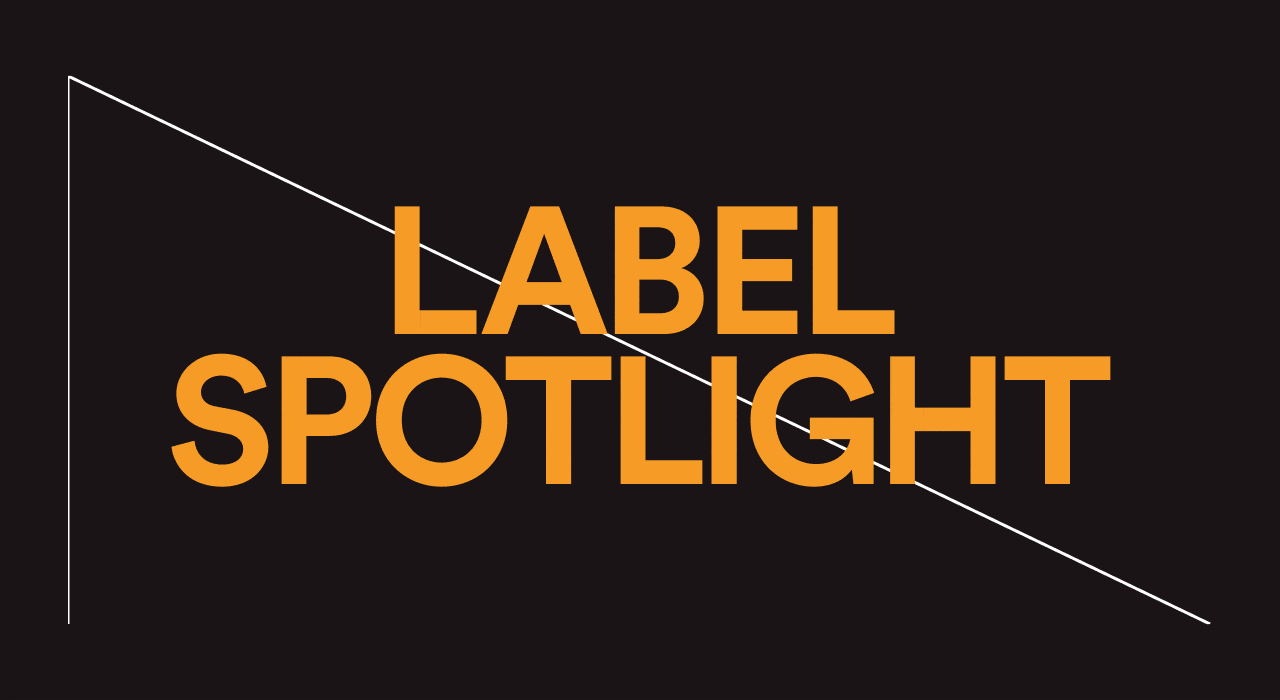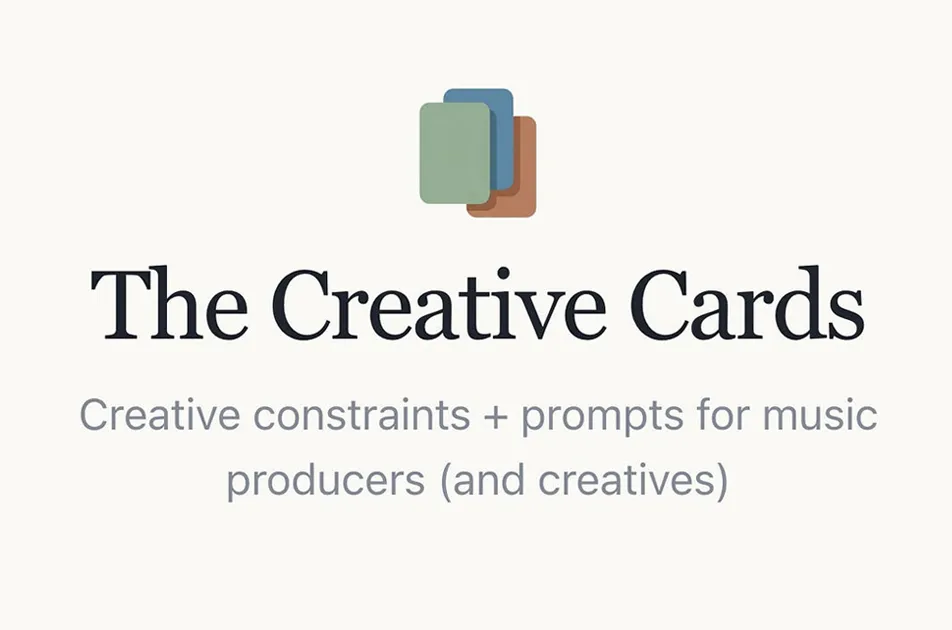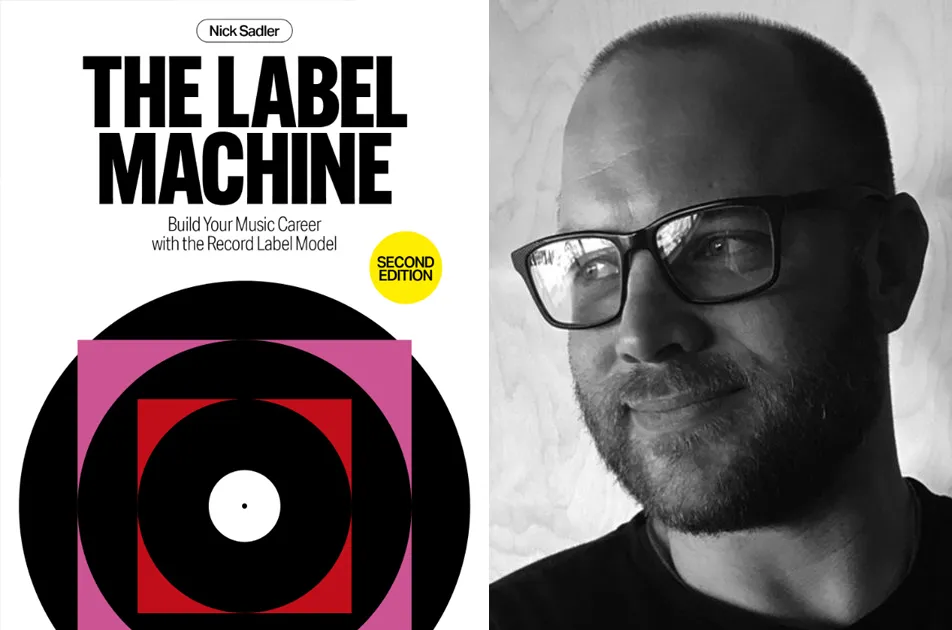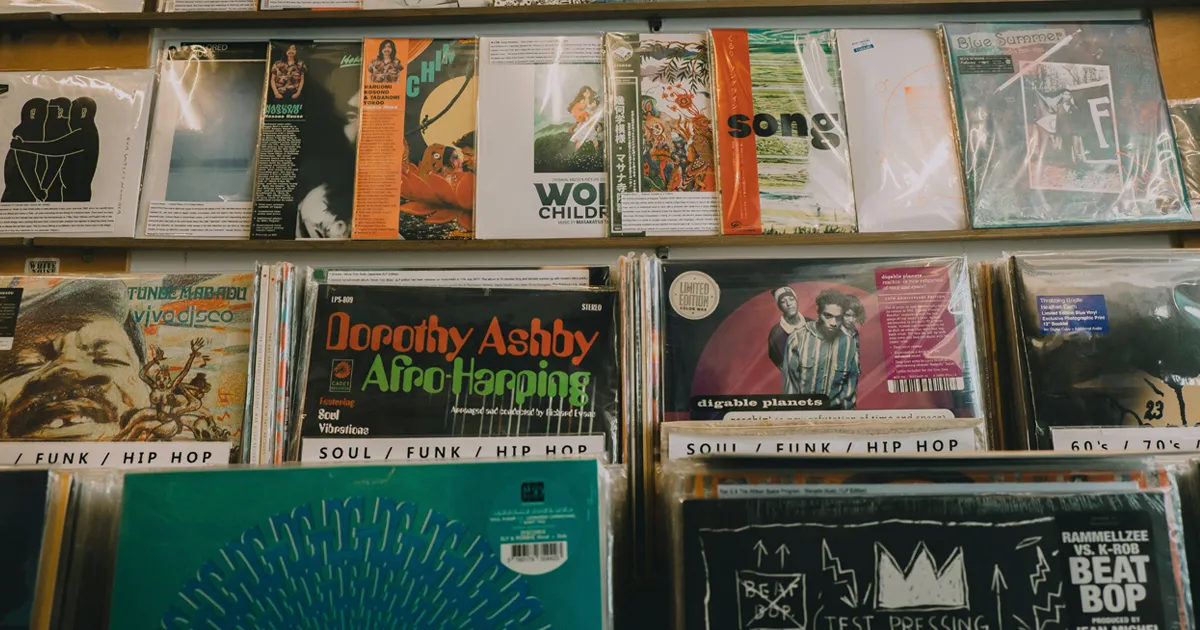In this piece, we shine the spotlight on Nashville-based indie label Dualtone Records, and their mission to give artists a different kind of service.
Guest post by Jonny Auping of Spotify for Artists

For two decades the Nashville-based folk, Americana and indie rock label has fostered a community of artists.
Some artists want a big platform. Some want expert marketing. Some want a producer who can help lead a coherent vision for their albums. It probably won’t shock you that plenty of them want the same thing the record label signing them often wants: a hit single.
But some acts, like the Lumineers, for example, just want a home. Dualtone Records, the Nashville-based indie label celebrating their 20th anniversary this year, has kept the lights on and made a name for itself by providing exactly that. “The whole concept [of Dualtone] was to give [artists] a home where there’s not a lot of pressure to deliver a massive hit — hoping a hit might come in some fashion, but it’s not about that,” said Scott Robinson, the Dualtone’s co-founder and CEO. “It’s about building careers.”
When Robinson and Dan Herrington founded the label in 2001, they were coming off a stint working for a subdivision of the legendary record label Arista Records. Robinson had been in artist management, but with digital downloads on the horizon and CD sales beginning to decline, the massive record labels were consolidating. The result was that the types of artists that Robinson loved were falling through the cracks, going unsigned, or being dropped because their potential to yield gold or platinum records seemed low. “But they were great artists, and they were artists that deserved to continue to make music and be supported.”
Dualtone was born out of that theory. Eventually, they would find and cultivate artists like the Lumineers, Mt. Joy, Langhorne Slim, Brett Dennen, and Shakey Graves. These artists receive more support than instructions. They come to expect transparency rather than surprises. They are invited back to work on future albums instead of pressured into continually delivering projects. Dualtone’s approach may not appear to be particularly profit-forward upon first glance, still, the label’s management was invited to a Vanderbilt MBA course in 2013 to discuss their cooperative approach to artist contracts and was written about in Alan Kruger’s 2019 book Rockonomics as a model of success for indie labels. Over the past two decades, that approach has attracted legends like June Carter Cash, Guy Clark, Robert Earl Keen, and the Chuck Berry estate.

Hitting Singles, Doubles, and Triples
It’s rare for Dualtone to hear a great song from an artist who has no manager, self-sustained touring history, or personal vision for their career and then attempt to catapult the artist off the strength of that one song. There are plenty of other factors that inform an artist’s potential for growth. “We want to see the Spotify streams,” said Paul Roper, who began as an intern at Dualtone and is now president and partner. “We want to see who’s involved. How long have they been a band? How many days are they touring in a year? How many tickets are they selling? How’s the engagement online? And then, obviously, the music has to drive the whole process.”
You may be surprised to learn that those acts are often dying for someone to take a chance on them and then get out of their way. What Dualtone does is provide the support, resources, and (potentially) advice to continue making music. They found Mt. Joy on Spotify and realized they were unsigned, despite their connection with a small but dedicated fanbase. Someone like folk singer Gregory Alan Isakov is less likely to churn out formulaic hits than he is to create intimate albums with precise arrangements and thoughtful lyrics, but Roper and Robinson knew trusting the singer’s intuition was a smart long-term plan, and it was rewarded with a 2019 Grammy nomination.
“This is like building a business,” Robinson said. “This isn’t like playing the lottery. Let’s build these careers and build some revenue the old-fashioned way, which is hitting singles, doubles, and triples, and if one goes over the fence, we’ll high five.”
The singles and doubles were steady in the first decade. One finally went over the fence in 2011 when the Lumineers joined the roster. The band was courted by a few major labels enticed by a number of the songs that would end up on their self-titled debut album, but guitarist and lead singer Wesley Schultz still remembers Roper bringing pizza and beer to their tour van.
“I think Wes really wanted to go the independent route,” Robinson said. “He was wanting more freedom and more control.”
Dualtone provided that freedom, and their 2012 debut sold over 3.5 million albums.
The Partnership Model
If Dualtone looked like geniuses for signing the Lumineers, it wasn’t long before some thought they looked like fools for not having locked them into a multi-record deal. But since the beginning, Dualtone has operated differently than most record labels.
“Rather than offer traditional deals, we decided to write our own and take a co-operative approach built on fair, transparent partnerships,” Robinson said.
They wouldn’t try to lock artists into deals longer than they were comfortable being in them. If artists wanted to come back, they reasoned, they would. Those deals were also usually what is considered “net deals” rather than royalty deals that demand the label put up a ton of funding up front complete with a number of strings attached. Dualtone and their artists operate like business partners. The goal is sustainability, and profits are split based on a determined percentage. “Usually, in this model, if everybody is fairly disciplined and focused, the end result is that you’re profitable,” said Robinson.
For artists like Langhorne Slim, Angie McMahon, or Hayes Carll, it creates an environment to focus on making good albums, sustaining a career and allows for the possibility to go elsewhere if the approach isn’t a good fit. All of those artists are still signed to the label. Since their debut in 2012, the Lumineers have released their second and third albums on Dualtone Records.
The Center of Connection Points
In the early years of Dualtone, with a small stable of artists, the label focused some attention on acquiring the rights to older albums by established artists in order to build up their catalog. One of those albums was Press On by June Carter Cash. Shortly after the deal, Robinson got word that Carter Cash was grateful they were re-issuing the album and was hoping the label heads would come to Hendersonville, Tennessee to meet with her.
During lunch, she expressed gratitude for what they had done but quickly made it clear she invited them there with other intentions: She wanted to record another album and hoped they would release it. She suggested they move into the living room so that she could play some of the songs on the autoharp. After a bit, her husband, Johnny Cash, introduced himself before playing with June to the audience of three. It was a magical moment for Robinson and his colleagues.
Carter Cash finished recording the album, Wildwood Flower, but died four months before it was released on Dualtone Records. Johnny Cash died a few days after its release. It would win two Grammys.
That album bolstered Dualtone’s credibility, but the spirit of that living room concert has continued with the label’s evolving roster. To celebrate their 20th anniversary, they have released Amerikinda: Twenty Years of Dualtone, a collection of Dualtone artists and alumni covering each other’s songs. In it, early Dualtone success story Brett Dennen covers Langhorne Slim’s “Life is Confusing”; Hayes Carll covers Guy Clark’s “Worry B Gone”; and Angie McMahon covers Oh Pep!’s “Tea, Milk, and Honey.” For fans of the label’s growing roster of talent over the years, it’s something of a dream project in which some of the best songwriters of their genre get to try their hand at recording the songs they love listening to.
According to Roper, the project is born out of the community formed around the music fostered at the label. “Amongst all of our artists and bands, it’s like they’re naturally friends and fans and supporters and collaborators and tour mates of each other. We’re just fortunate that we’ve been at the center of a lot of those connection points.”
https://open.spotify.com/album/7z7VeehpjwjGU8HtVUXKdB
Spotify for Artists helps you to develop the fanbase you need to reach your goals.





